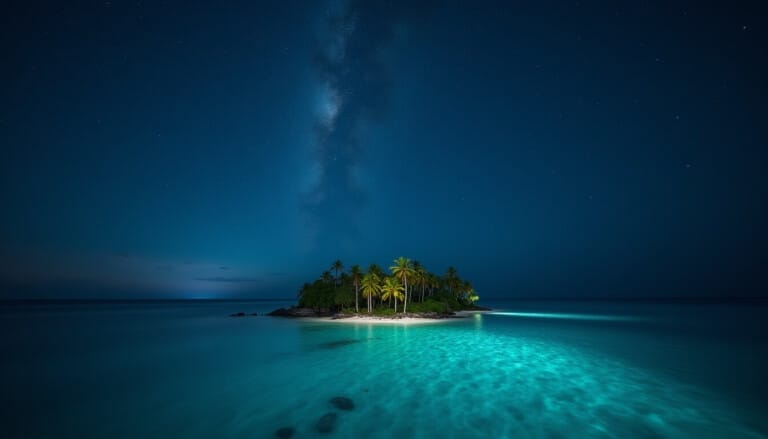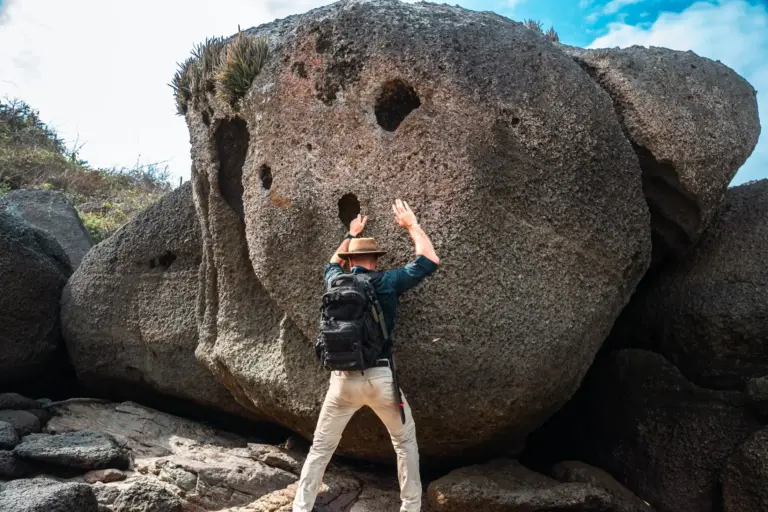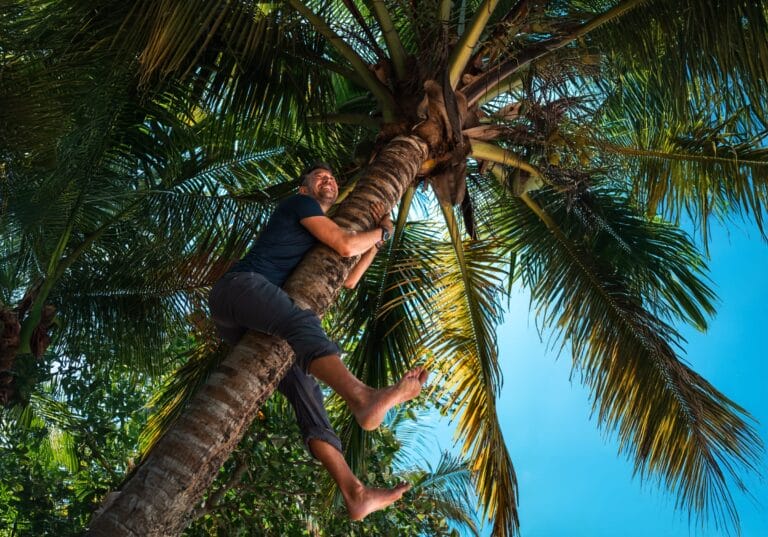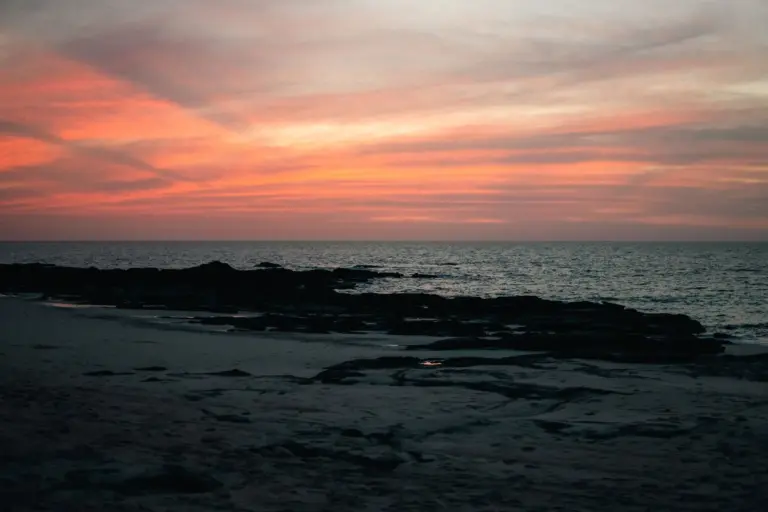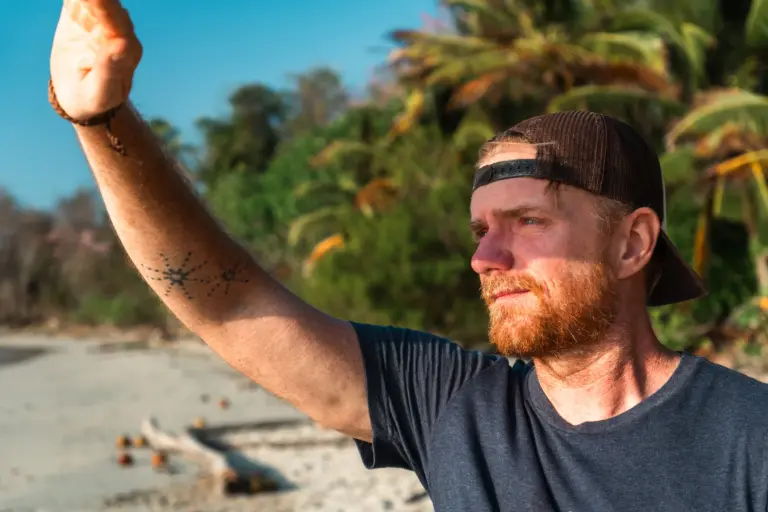
The reason people return from the wild transformed
I once watched a corporate lawyer cry into his hands beside a barely-there campfire on a cold Welsh coastline. Not from pain, not from fear — but from silence. For the first time in years, his mind had gone quiet.
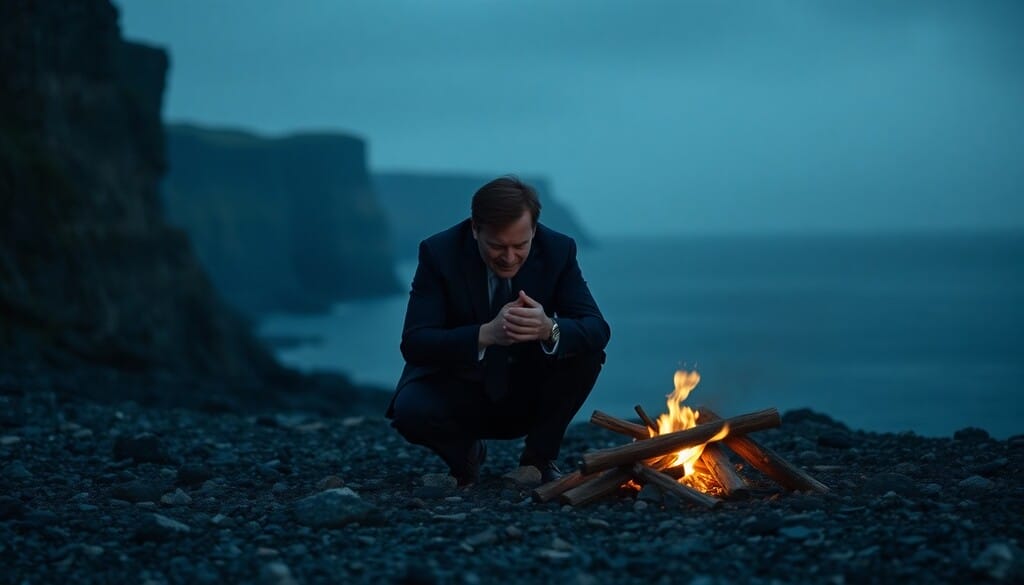
Three days earlier, this man had been managing million-dollar deals, his phone buzzing with the urgent demands of modern life. Now, crouched in the dirt, trying to coax flames from damp kindling, he’d stumbled into something our species has known for millennia: the wild doesn’t care about your title, your achievements, or who you think you are.
The Sensory Archaeology of Being Human
We’ve buried ourselves under layers of stimulation that would have driven our ancestors mad. The average person checks their phone 96 times a day. We’ve created a world where quiet feels foreign, where boredom triggers panic, where the sound of our own breathing has become uncomfortable. Your nervous system wasn’t designed for this. It evolved in environments like Pembrokeshire where the most urgent sound was wind through leaves, where the brightest light was fire, where the most complex decision was which direction to walk.
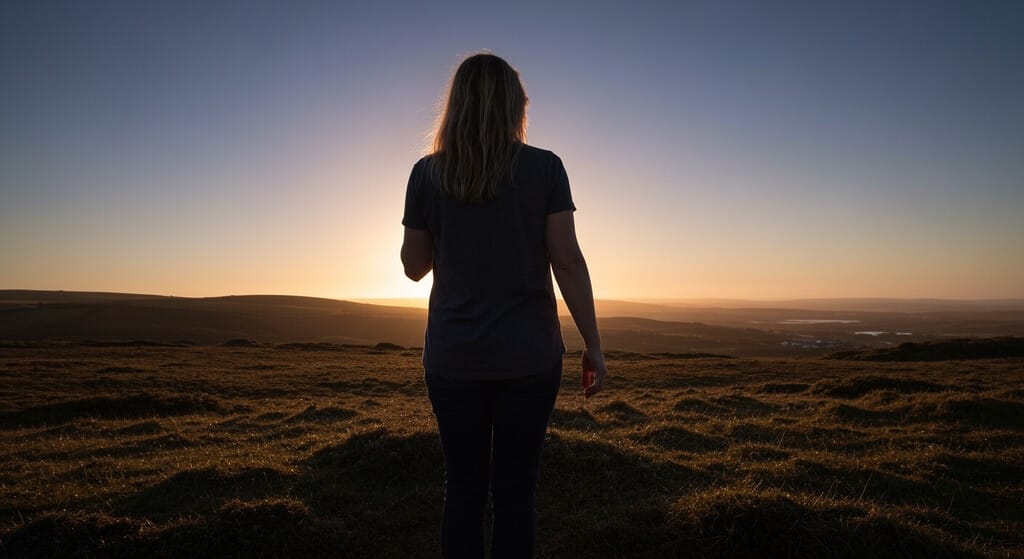
Step into the wild, and something ancient awakens. Your cortisol levels drop within minutes. Your heart rate variability improves. Your prefrontal cortex, that overtaxed CEO of your brain, finally gets a break. This isn’t hippie mysticism — it’s measurable biology.
Forced Presence
There’s a moment — usually by day two or three on our UK Weekend Adventure — when you can see it happen. People stop asking what time it is. They start noticing the way light moves through the trees, how the wind shifts before the rain, how good a real fire smells.
Presence isn’t optional in nature. It’s the default. And once you’ve felt it, you’ll know how much you’ve been missing it.
Biophilia: Nature Doesn’t Just Heal — It Reprograms
Bioligist Edward Wilson called it biophilia — our innate love of living things. But it’s more than love. It’s recognition. Your DNA carries the memory of ten thousand generations who survived because they could read the forest, predict the weather, find water by watching where animals walked.
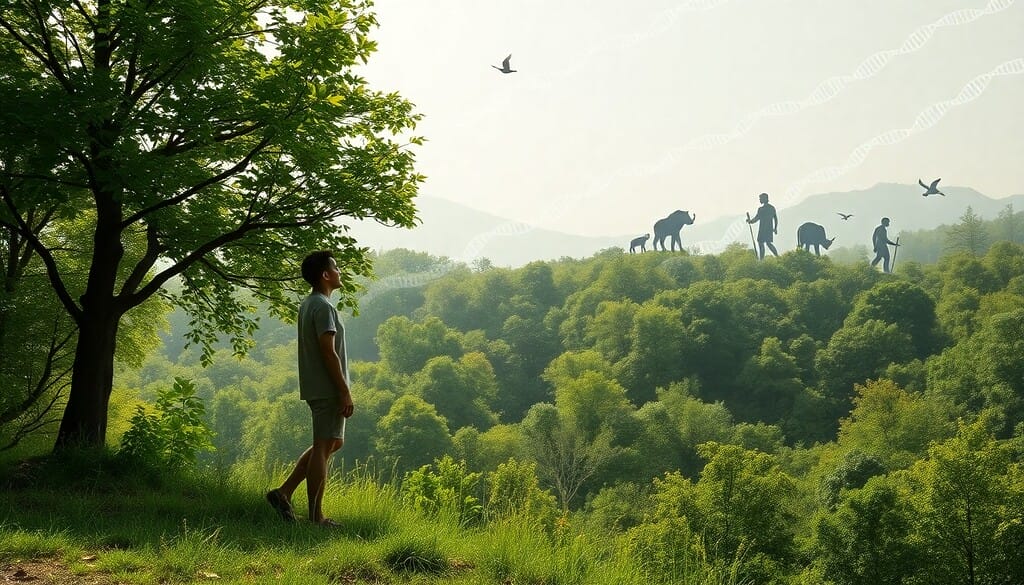
When you sit by a fire, you’re not just warming your hands. You’re participating in a ritual that stretches back 400,000 years. Your pupils dilate the same way. Your posture relaxes in the same pattern. Your brain releases the same cocktail of neurotransmitters that helped your ancestors bond, plan, and dream.
Modern research confirms what our bones already know. A meta-analysis of 49 studies found that exposure to natural environments significantly boosted positive emotions while crushing negative ones. But the studies can’t capture the full picture — the way your shoulders drop when you first smell pine, the strange peace that comes from sleeping under stars.
The Uncomfortable Truth About Comfort
Here’s what nobody tells you about transformation: it requires discomfort. Not the manufactured stress of deadlines and traffic, but the primal discomfort of not knowing if you can build shelter before dark, whether you can make fire from wet wood, if you can find food when hunger gnaws your belly.
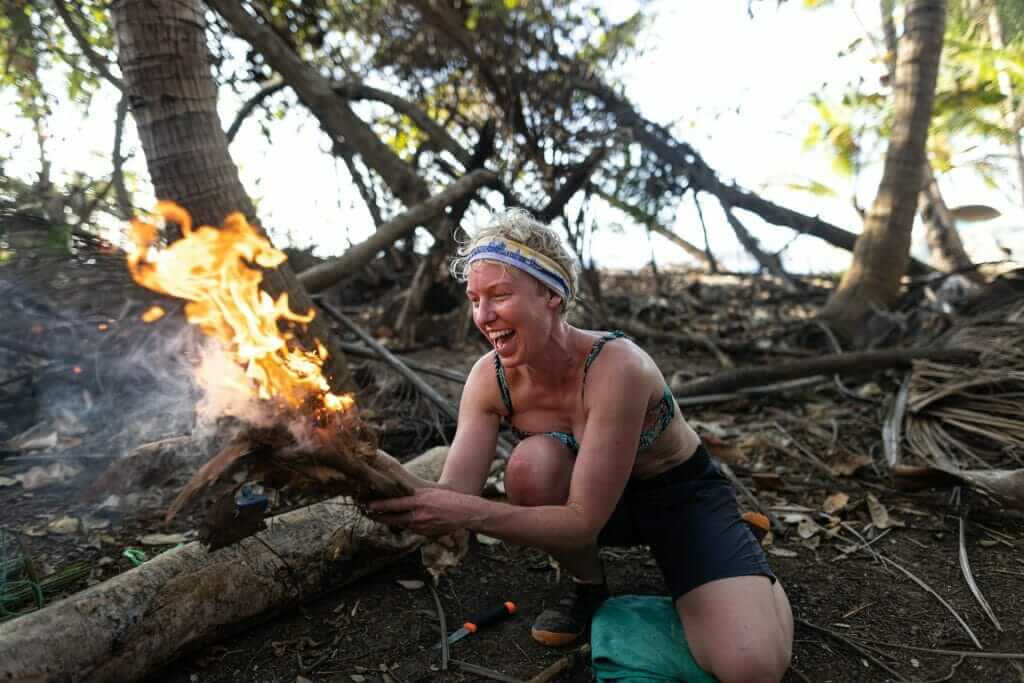
I’ve seen investment bankers discover reserves of patience they didn’t know they had. Marketing executives find their hands remember how to make things, not just sell them. Anxious people realize they’re actually quite brave when the stakes are real but simple.
The wilderness doesn’t coddle. It presents you with basic problems — water, shelter, fire, food — and waits. No Google, no YouTube tutorials, no calling a friend. Just you, your hands, and the accumulated wisdom of your species.
This is where resilience is actually built. Not in motivational seminars or gym sessions, but in the moment when you’ve failed twelve times to make fire and you try a thirteenth time because darkness is coming and you need light.
Nature as a Mirror: The Wilderness Doesn’t Lie
Strip away the noise, and nature becomes brutally honest about who you are. You can’t fake competence when you’re trying to lash shelter poles together. You can’t hide behind status when everyone’s equally dirty and hungry. You can’t pretend to be someone else when survival depends on authentic collaboration.
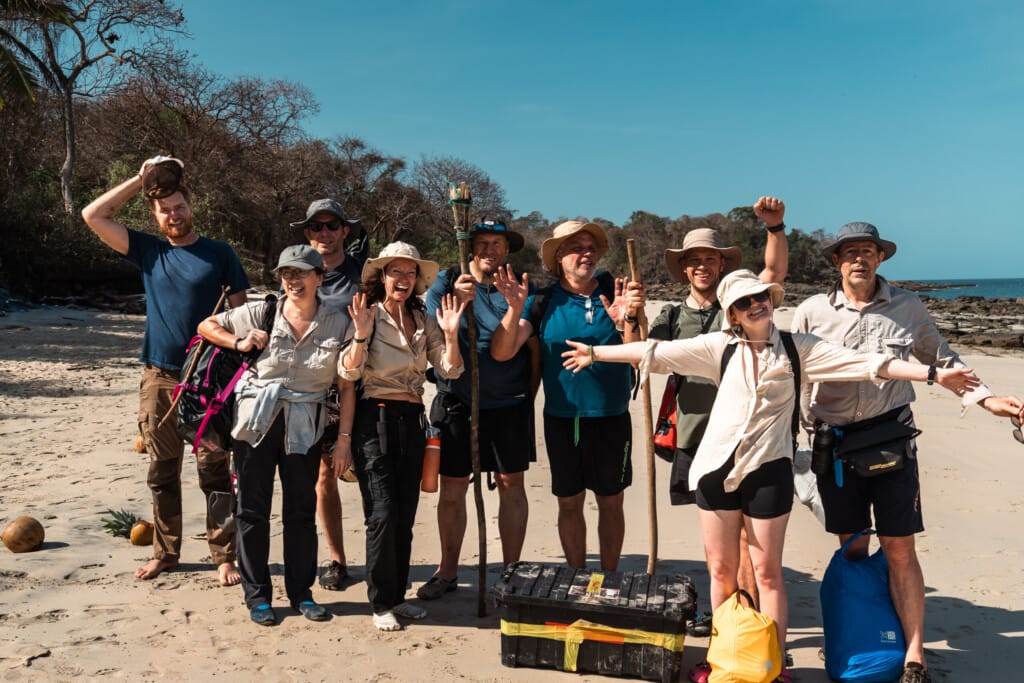
That corporate lawyer? He discovered he was actually a natural teacher, patiently showing others how to split kindling. These aren’t personality changes. They’re personality revelations. A shy accountant found her voice around the fire, sharing stories that made hardened survivalists laugh. A control freak learned the strange relief of surrender when the rain came and there was nothing to do but get wet.The wilderness doesn’t transform you — it reveals what was always there, buried under layers of social conditioning and digital distraction.
The Biological Reset
Your ancestors spent their entire lives in complex sensory environments. They navigated by stars, tracked weather by cloud formations, found food by reading the landscape. Their brains were constantly engaged in the kind of pattern recognition that kept them alive.
We’ve traded this for fluorescent lights and flat screens. We’ve swapped the irregular, organic rhythms of nature for the mechanical precision of clocks. We’ve replaced the full spectrum of natural sounds with the narrow frequency of notifications.
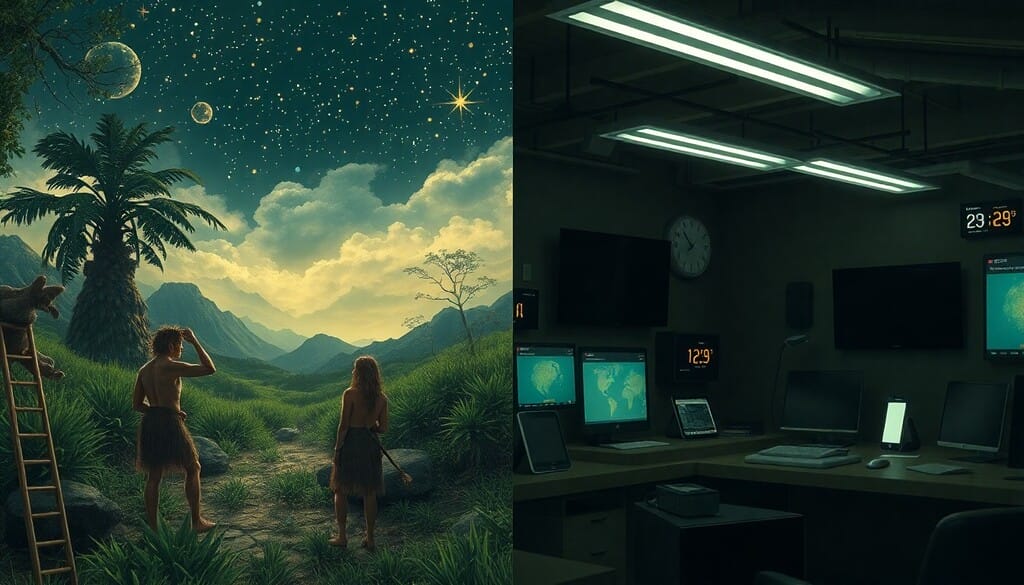
The result? Anxiety, depression, and attention disorders at epidemic levels. But spend time in the wild, and your nervous system remembers its original programming. Your circadian rhythms align with sunset and sunrise. Your stress hormones find their natural balance. Your immune system, evolved to work in partnership with the microbial world, starts functioning as designed.
The Return
When people leave the wilderness, they carry something back with them. Not just skills or memories, but a recalibrated sense of what’s actually important. They’ve remembered what it feels like to be human in a human-scaled world.
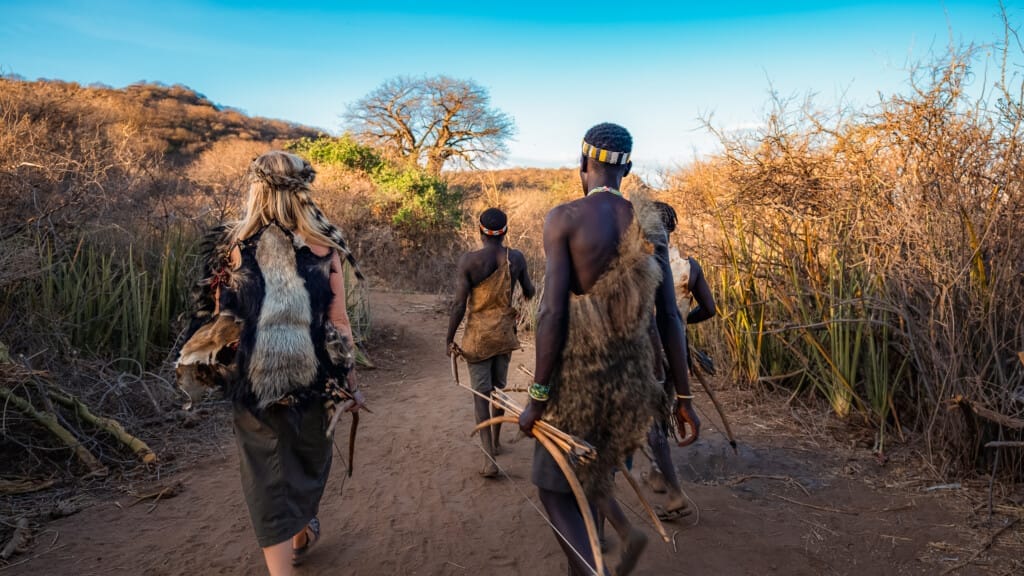
The change isn’t mystical. It’s biological, psychological, and profoundly practical. Nature strips away the unnecessary, slows down the frantic, and holds up a mirror that reflects who you actually are, not who you think you should be.
If you’re ready to meet that version of yourself — unfiltered, unshaken, fully alive — maybe it’s time to get lost in the wild. Because sometimes, to find yourself, you have to lose everything you think you know.

